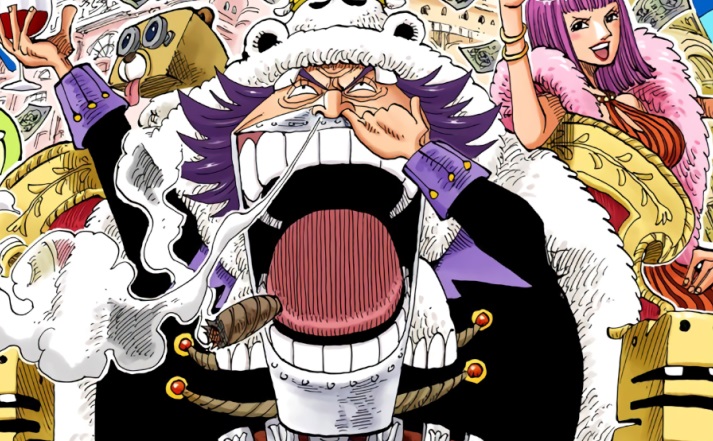The Netflix adaptation of the beloved anime and manga series “One Piece” has sparked considerable debate surrounding the character Wapol and its perceived connections to contemporary politics. Randy Troy, a staff writer for the show, claimed that Wapol, an infamous dictator in the series who brings ruin to his kingdom, is based on none other than President-elect Donald Trump. The assertion has ignited discussions among fans, particularly because Wapol first made his appearance in the original Japanese manga by Eiichiro Oda back in 2000. The irony in this claim is palpable, as it implies that Oda had some foresight about a character that would resonate with the political climate of the U.S. more than twenty years later.
Wapol is characterized as a greedy and self-serving ruler in “One Piece,” which naturally invites comparisons to various tyrants throughout history. The announcement that Wapol would make his debut in the live-action adaptation’s second season was met with excitement, particularly following Netflix’s casting reveal featuring Rob Colletti in the role. However, Troy’s assertion that Wapol was created as a critique of Trump’s political persona raised eyebrows. Critics pointed out that the character’s conception significantly predates Trump’s rise to political prominence, which makes the alleged inspiration dubious at best.
In his social media remarks, Troy attempted to draw parallels between Wapol’s traits and Trump’s attributions. He stated that Wapol’s depiction as greedy and petulant reflects Trump’s personality and policies, especially in regard to healthcare management. However, fans of “One Piece” responded swiftly, pointing out logical inconsistencies in Troy’s claims. They noted that Wapol’s introduction came long before Trump had any major political impact, making it highly improbable that Oda aimed to create a character with the American political landscape in mind.
Additionally, supporters of Troy’s assertion argued that pop culture had long speculated about Trump’s potential presidency, citing anecdotes to support the idea that Wapol was a prescient character. Troy referenced early examples, such as jokes made as early as 1986 and a notable episode of “The Simpsons” titled “Bart to the Future,” which jokingly anticipated Trump’s presidential aspirations long before Wapol’s story was penned. However, this line of reasoning seems tenuous, as speculation about many public figures often occurs without direct influence on creative works.
In light of the backlash, it is worth noting that Troy eventually deleted the Tweets that prompted the discussion. This suggests an awareness of the potential misinterpretation of his statements. The online discourse reflects an ongoing tension between fandom and creators, particularly when it comes to interpreting popular characters and their relevance to contemporary issues. As narratives and characters develop, creators may have different intentions behind their work, leading to varied interpretations among audiences.
Ultimately, whether Wapol truly serves as a critique of Trump in a prophetic sense remains open to debate. What cannot be denied is that the endless interpretations and conversations surrounding characters like Wapol are part and parcel of the dynamics within fan culture. They represent how audiences engage with stories, often projecting their own experiences and beliefs onto the narratives they enjoy. As “One Piece” continues to gain traction within both anime and mainstream media, discussions regarding its characters will likely evolve just as the series does.

